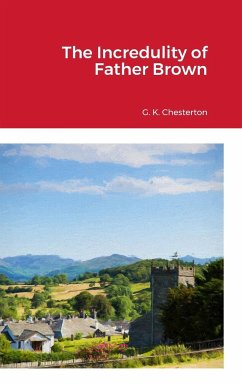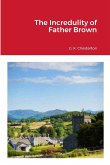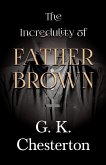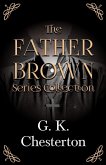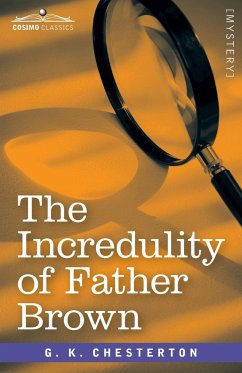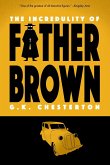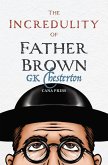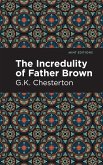Father Brown, full-time Catholic priest and part-time amateur detective, returns in this third collection of short stories by G. K. Chesterton. Unlike the first two collections, this time Father Brown is investigating alone; his sidekick, the former criminal Flambeau, is nowhere to be seen. Father Brown has to solve a murder (including his own!) in each story, and since several also appear to involve the supernatural, he has ample opportunity to elaborate on his thoughts concerning it.
Hinweis: Dieser Artikel kann nur an eine deutsche Lieferadresse ausgeliefert werden.
Hinweis: Dieser Artikel kann nur an eine deutsche Lieferadresse ausgeliefert werden.

